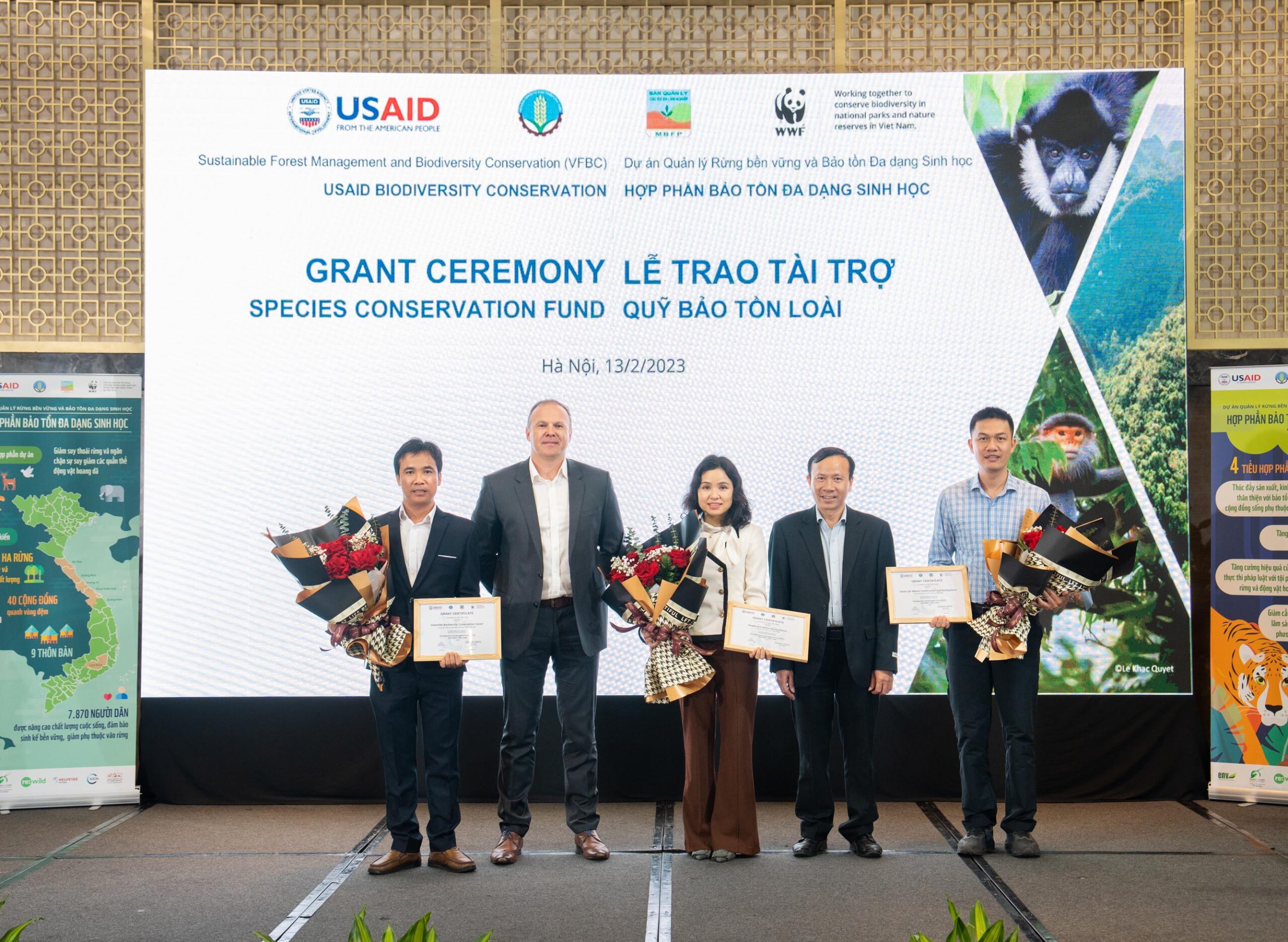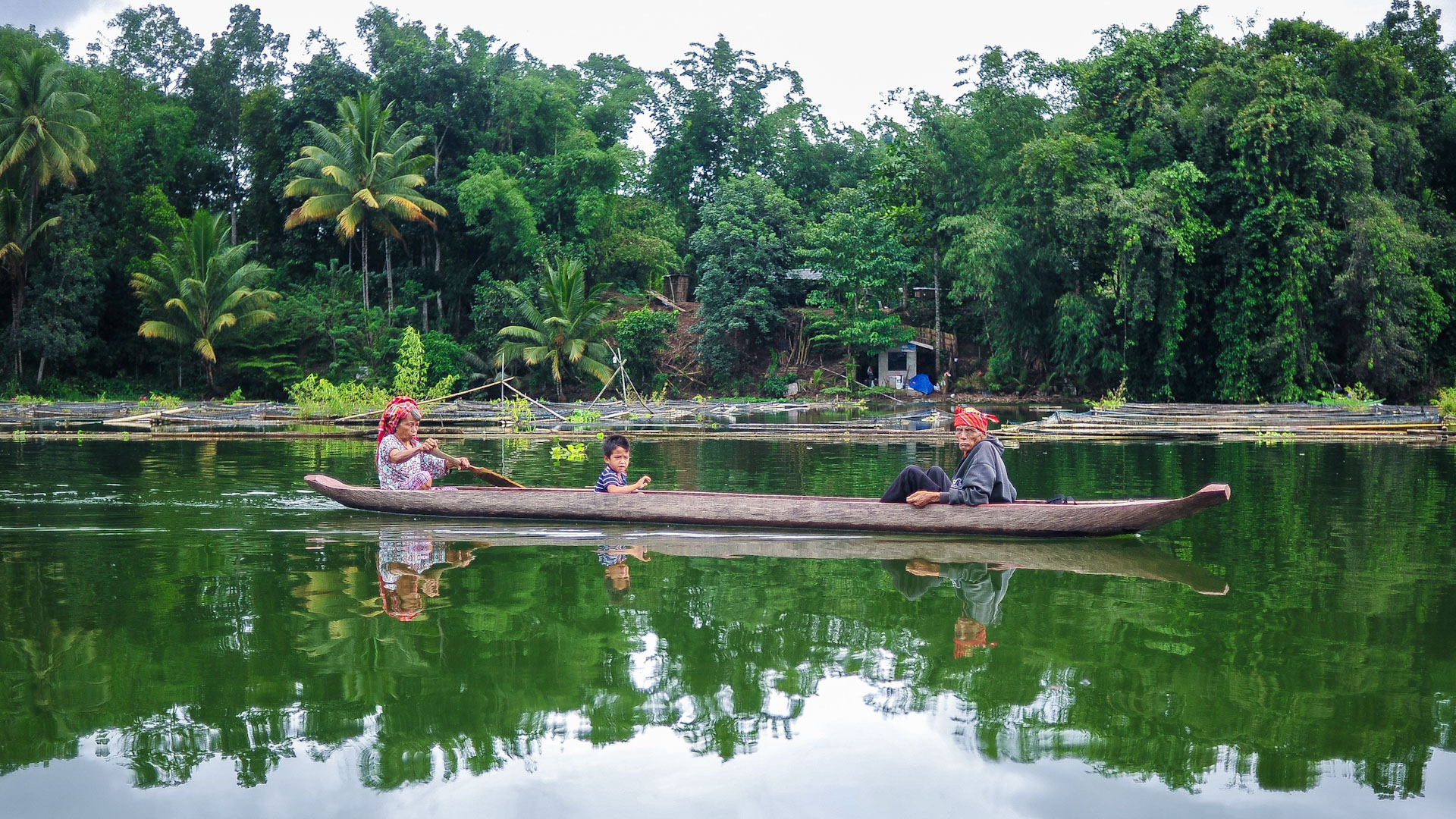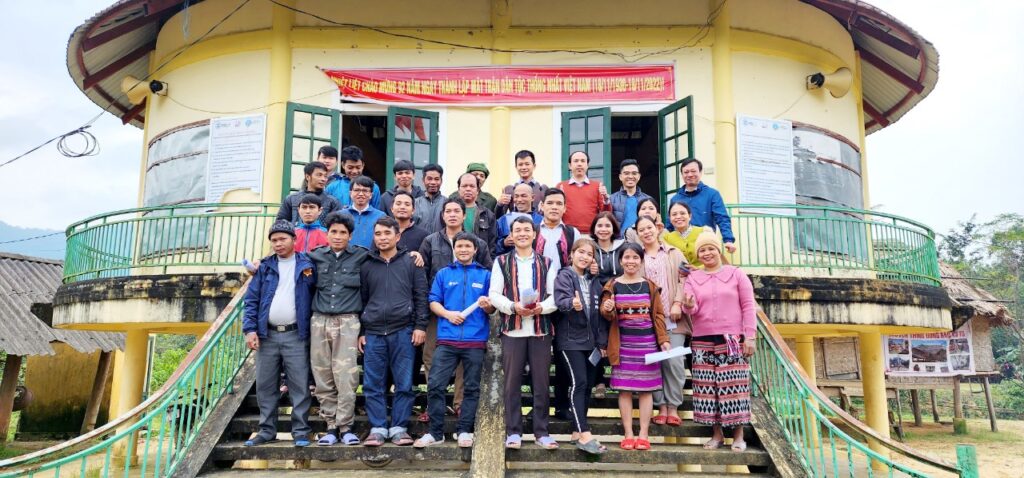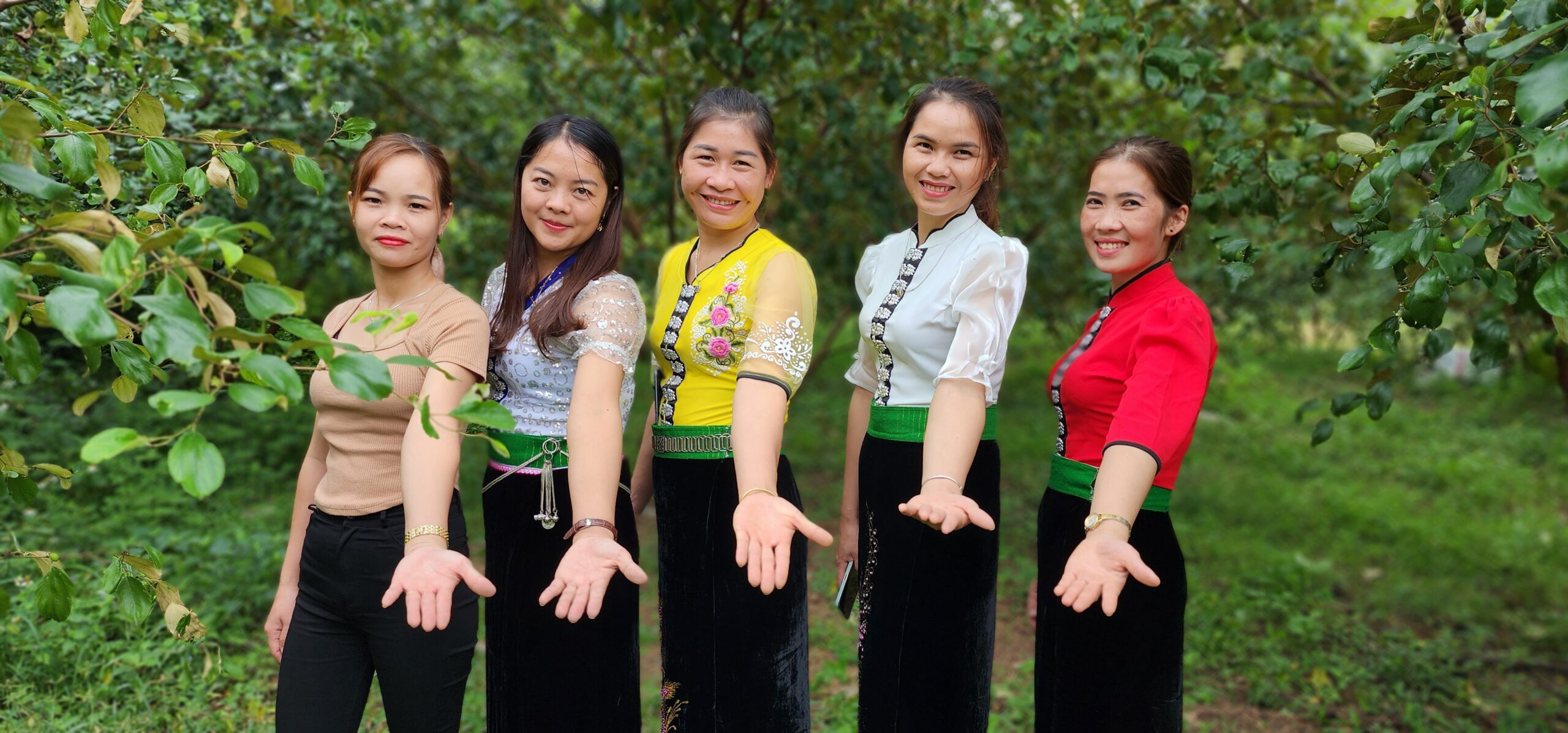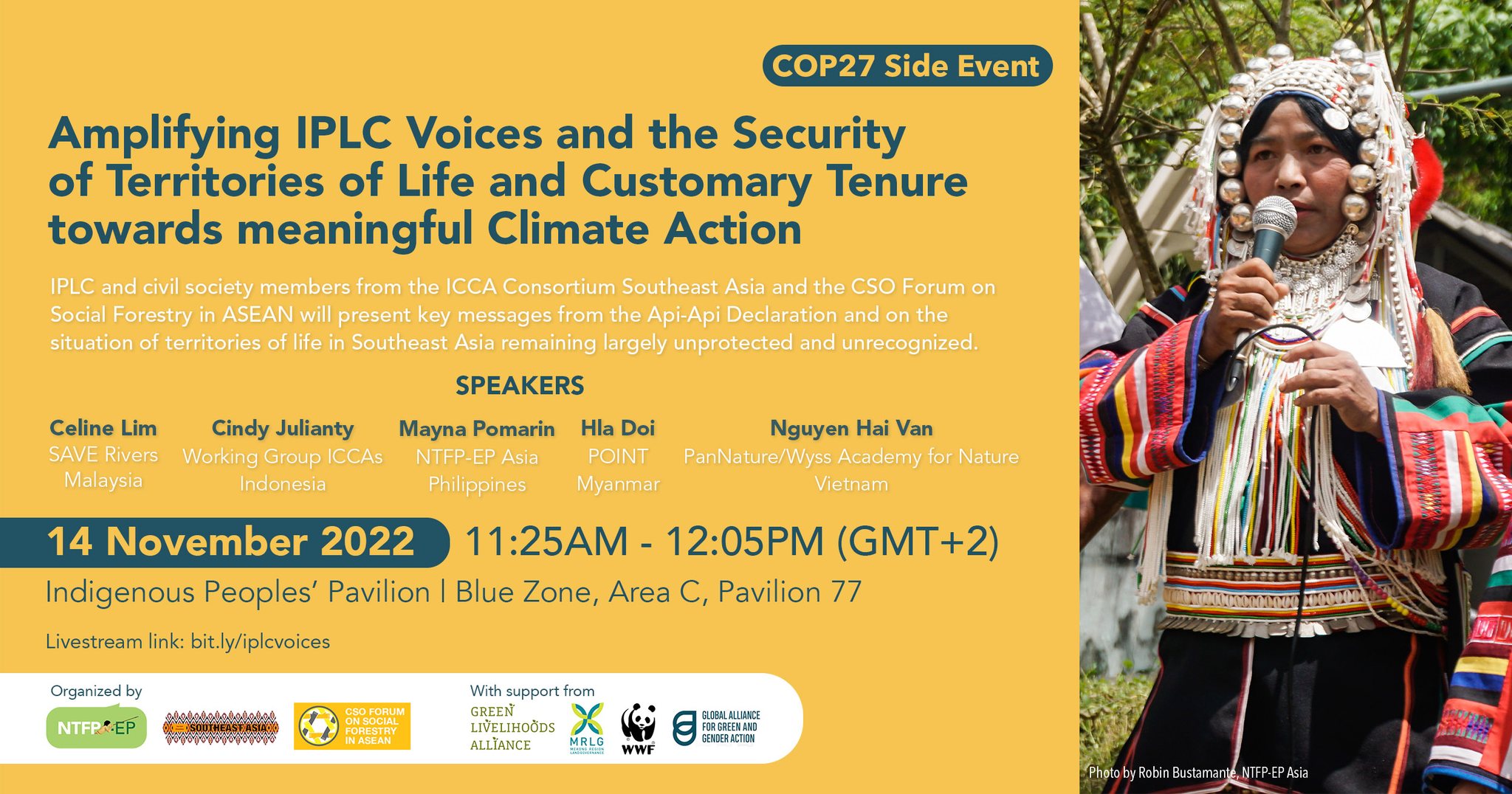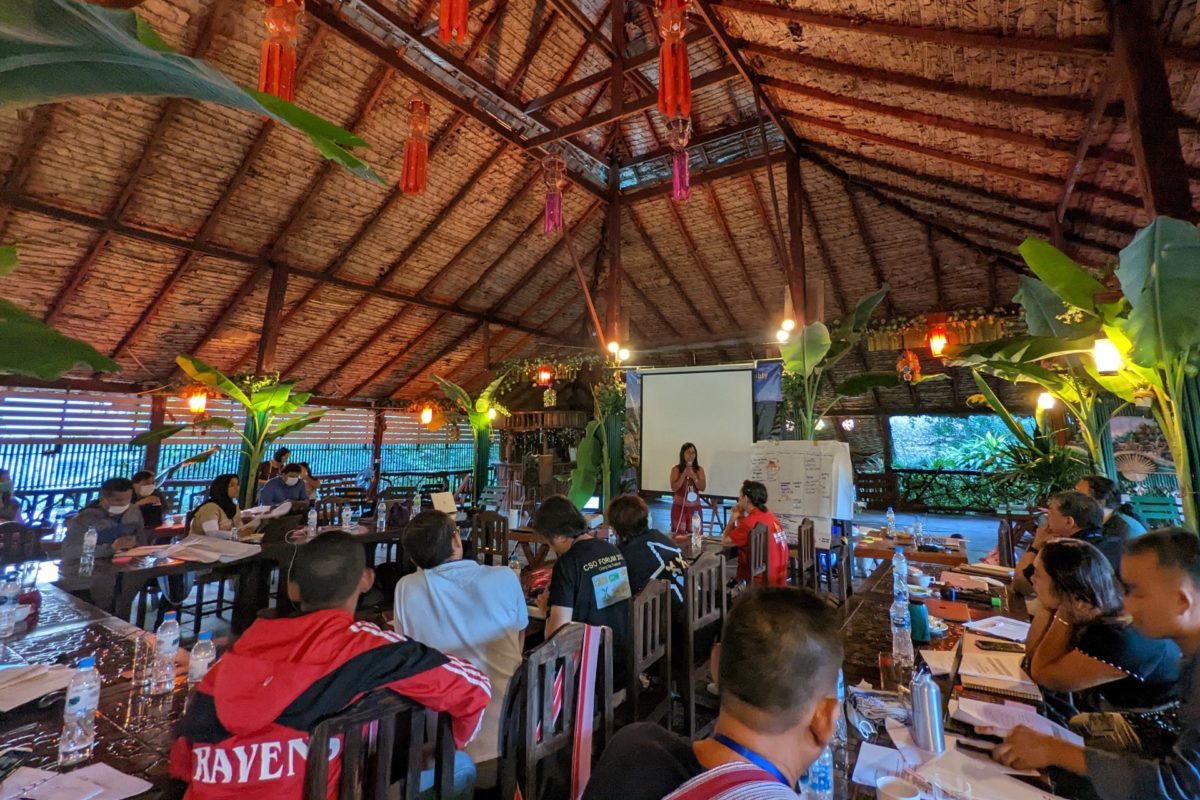On December 21 and 22, 2022, People and Nature Reconciliation (PanNature) and the Forest Protection and Development Fund of Th?a Thiên Hu? DVMTR jointly organized a training workshop on benefit sharing from reducing GHG emissions for communities in the villages of Chi Du Nghia, A Ry, Giong, Mu Nu Ta Ra in Huong Nguyen commune, A Luoi district, Thua Thien Hue province. The training was divided into two phases for village groups. Training for Chi Du Nghia and A Ry village communities took place on 21st December and training for Giong and Mu Nu Ta Ra village communities took place on 22nd December.

